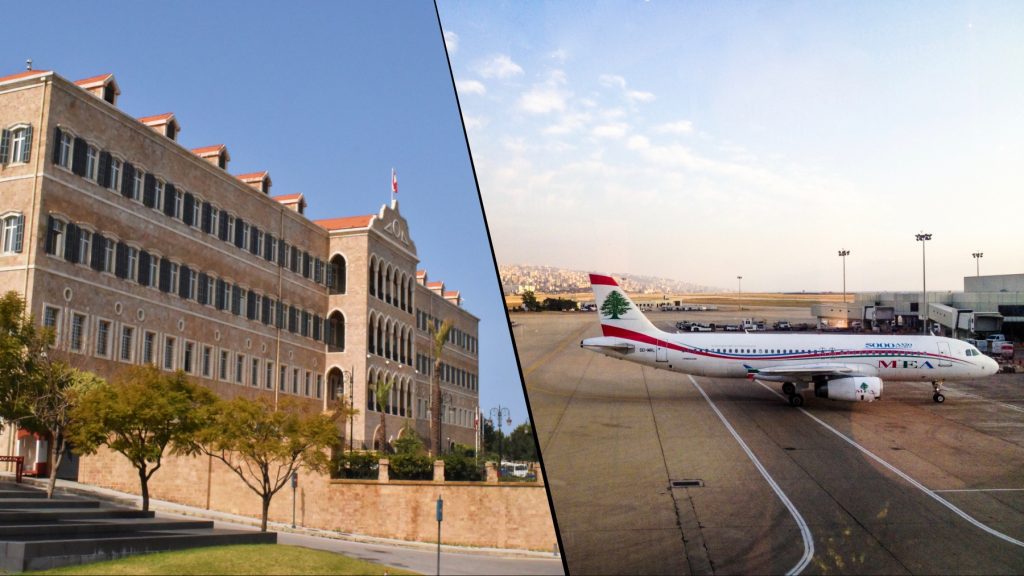
Three hacking incidents in Lebanon this month have raised serious concerns about what sort of priority is being placed on the need for cybersecurity.
On the 7th of January, video screens at Rafiki Hariri Airport replaced standard airport information with threats to Hezbollah. Two baggage carousels stopped working. And MEA (Middle East Airlines) passengers were advised to follow the instructions of security forces.
For a country whose people have been subjected to more social and political upheaval than you could imagine in the past fifty years, these attacks were still unnerving. Any airport is a place of vulnerability at the best of times. But an airport that’s geographically situated so close to a heaving cauldron of combative diversity, well, how would you feel? Pretty scared, I’ll warrant.
Investigations are currently underway, but the feeling is that it was Israel unless proven otherwise. The methodology of this co-ordinated attack, however, demonstrated the ease in which it was accomplished.
On Sunday and Monday this week, both Parliament and Social Affairs Ministry websites came under cyberattack. The Parliament website attack was described as an attempt. The Ministry’s attack was not described as an attempt, so it’s fair to assume it was successful. The website was immediately shut down.
Government officials are pretty adamant that these attacks and the prior hacks at the airport came from different sources. But whether they did or not, that’s hardly the point. What also misses the point is we are assured that there was no information available which could have put the ministry or personnel at risk.
Technology is the New WMD
Nobody needs reminding that this region is on fire at the moment. But what makes the situation even more ghastly is the level of advanced technology being deployed in the name of warfare. Cybersecurity has never been more paramount than it is now.
Lebanon’s government structure, a sectarian model supposed to represent all 18 religious sects equally, has confounded both the Lebanese people and the rest of the world. Designed for a convergence of purpose, many consider its modus operandi is achieving quite the opposite.
If the civil service is a reflection of the reputation of its government, this seemingly cavalier attitude towards cybersecurity is more understandable. Could they not agree on who to contract? Did they not care? Did they think it was someone else’s problem?
Or was there simply no budget?
Inside Telecom provides you with an extensive list of content covering all aspects of the tech industry. Keep an eye on our Community sections to stay informed and up-to-date with our daily articles.